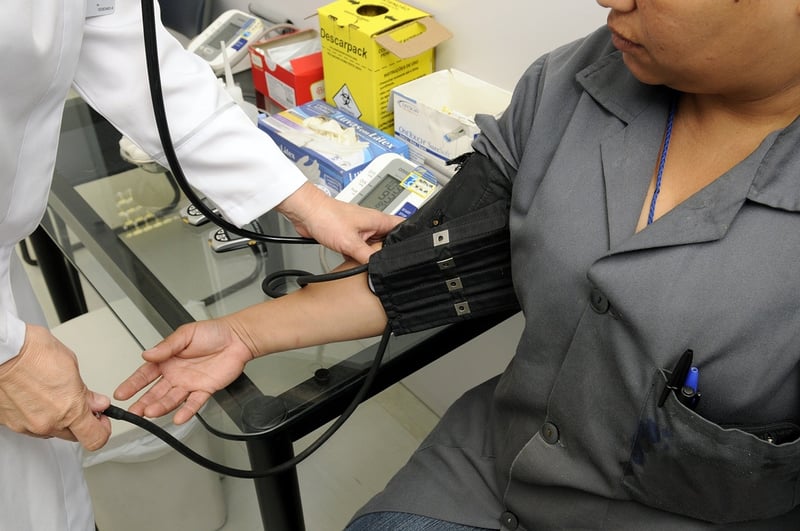Self-Assessment
The Importance of Receiving Input and Self-Assessment

Receiving input and conducting self-assessment are essential practices for personal and professional growth. Whether you are a student, a leader, an artist, or a professional, seeking feedback and evaluating your own performance can lead to significant improvements. Let's delve into why these practices are crucial for development:
Receiving Input:
Feedback from others provides valuable insights that we might not be aware of ourselves. Constructive criticism helps us identify our strengths and weaknesses, allowing us to focus on areas that need improvement. It also offers a different perspective, leading to innovative ideas and solutions.
Benefits of Receiving Input:
- Identifying blind spots
- Enhancing self-awareness
- Building stronger relationships
- Fostering continuous learning
Self-Assessment:
Self-assessment involves taking a critical look at your own performance, behaviors, and goals. It enables you to reflect on your actions, set objectives, and track your progress. Self-assessment is a powerful tool for self-improvement and personal development.
Benefits of Self-Assessment:
- Setting clear goals
- Measuring progress
- Enhancing self-discipline
- Boosting confidence
By combining feedback from others with self-assessment, individuals can create a comprehensive development plan that addresses their strengths and weaknesses. These practices foster a growth mindset and empower individuals to strive for continuous improvement.
Remember, receiving input and engaging in self-assessment are not signs of weakness but rather strengths that propel personal and professional growth. Embrace feedback, evaluate your performance, and watch yourself grow into the best version of you!
Start incorporating these practices today and witness the positive impact they can have on your journey towards success.
Image Source: Pixabay
